China’s financing and investment spread across 61 BRI countries in 2023 (up...
2024-02-27 31 英文报告下载
The EU should therefore develop a mechanism similar to the International Procurement Instrument focused on ensuring reciprocity in the digital economy. Such a mechanism could collect formal complaints from companies trying and failing to, for example, obtain the necessary blockchain or cloud licences in China necessary for interoperability with the Chinese system. In the event that these claims are adjudicated to be genuine, the mechanism could then impose varying kinds of sanctions or restrictions on Chinese companies trying to do the same in the EU. Europe needs to reflect on its role It is important to acknowledge that the concerns raised here are not exclusively driven by unfair Chinese practices. More competitive European companies need to be developed and given opportunities to scale up more quickly so that they can provide credible alternatives to countries along the BRI that rightly want to improve their ICT/telecoms systems. European finance companies need to find effective ways to develop venture-capital-like systems; the EU and its member states need to look at how to adjust regulation to facilitate digital innovation and growth; and more money is sorely needed for basic research in emerging digital sectors. It is not enough to only push back on the excesses of the BRI and the DSR. Europe must also consider how to strengthen its own market in these 21st century-defining industries.
Both the BRI and the EU’s Connectivity Strategy49—as transregional and intercontinental initiatives—have the potential to affect, or are already affecting, the economies of their corridor countries, as well as the European business communities that in some cases have been part of these countries’ trade and commercial landscapes for decades. On the occasion of the European Business Organisation Worldwide Network’s50 recent meeting in Tokyo in December 2019, the European Chamber collected input from the 30+ participating European Business Organisation (EBO) representatives from third countries on their knowledge of the BRI and the EU’s Connectivity Strategy. Discussions revolved around a number of key issues, from awareness and perception of both initiatives, to the concrete experiences of European businesses engaged in BRI-related projects and EU infrastructure and development projects. The findings of this research are summarised below. Fragmented opinions: views on the BRI from different stakeholders Conversations with representatives from different EBOs revealed that perceptions on the BRI varied not only across countries, but also between the general public, the government and European businesses.

标签: 英文报告下载
相关文章
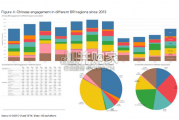
China’s financing and investment spread across 61 BRI countries in 2023 (up...
2024-02-27 31 英文报告下载

Though the risk of AI leading to catastrophe or human extinction had...
2024-02-26 52 英文报告下载
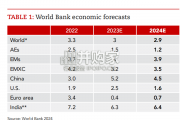
Focusing on the prospects for 2024, global growth is likely to come i...
2024-02-21 96 英文报告下载
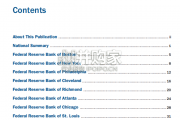
Economic activity declined slightly on average, employment was roughly flat...
2024-02-07 67 英文报告下载
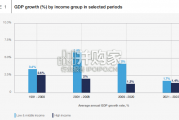
Economic growth can be defned as an increase in the quantity or quali...
2024-02-06 82 英文报告下载
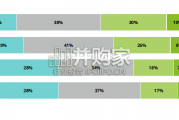
In this initial quarterly survey, 41% of leaders reported their organizatio...
2024-02-05 66 英文报告下载
最新留言